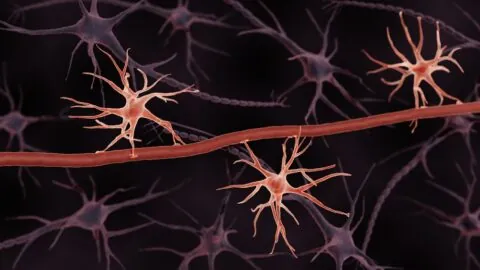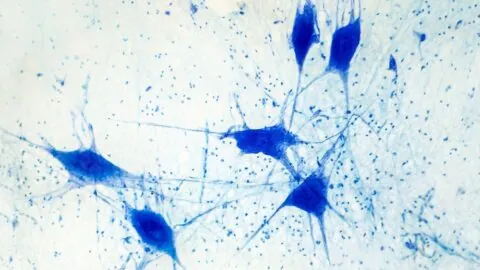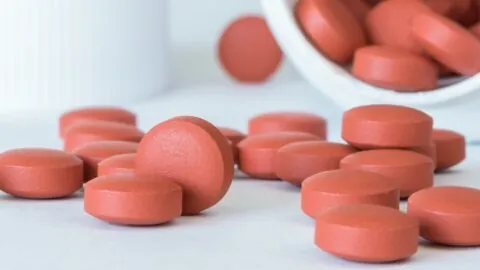March 21, 2024
In an in-depth paper in Nature, researchers have explained how astrocytes, helper cells that provide crucial brain functions, epigenetically remember things in a way that encourages inflammation. Traumatized cells Long-lived immune cells, including T cells and B cells, can remember foreign pathogens [1]. This is why people can become immune to diseases after catching them...
February 22, 2024
A recent preprint paper from researchers at Sachi Bio has described how this company's technology can be used to alleviate brain inflammation in a mouse model. The problem of tau Along with the infamous amyloid beta, tau is well-known as a pathological factor in both Alzheimer's and regular aging [1]. The accumulation of tau with...
January 30, 2024
A new study suggests that the flavonoid epicatechin, found in chocolate, tea, and berries, provides robust protection against reperfusion injury in myocardial infarction [1]. Reperfusion injury: friendly fire Myocardial infarction (heart attack) is the injury caused by complete or partial cessation of blood flow to a portion of the myocardium, the heart’s muscle tissue. This,...
January 25, 2024
In a new paper in Cell Reports, researchers have named a little-known lipid as a core reason why inflammation decreases with fasting and may also shed light on how non-steroidal anti-inflammatory drugs (NSAIDs) work. Why high-calorie diets increase inflammation Previous research has identified the core reason why a high-calorie diet leads to inflammation. Excessive amounts...
November 14, 2023
A new study has identified a molecule found in Saposhnikovia root as a potent mediator of tendon regeneration in rats. The results were also replicated in human cells [1]. Aging does not spare tendons Like with many tissues, the health of tendons, which are central to mobility and agility, hinges on the function of local...
October 26, 2023
Researchers publishing in Aging have explained a relationship between inflammation, metabolic syndrome, and prostate enlargement. Not so benign Benign prostatic hyperplasia (BPH) is only called 'benign' to differentiate it from another well-known cause of prostate enlargement: prostate cancer. BPH is known to lead to bladder obstruction and lower urinary tract issues. It also coincides with...






